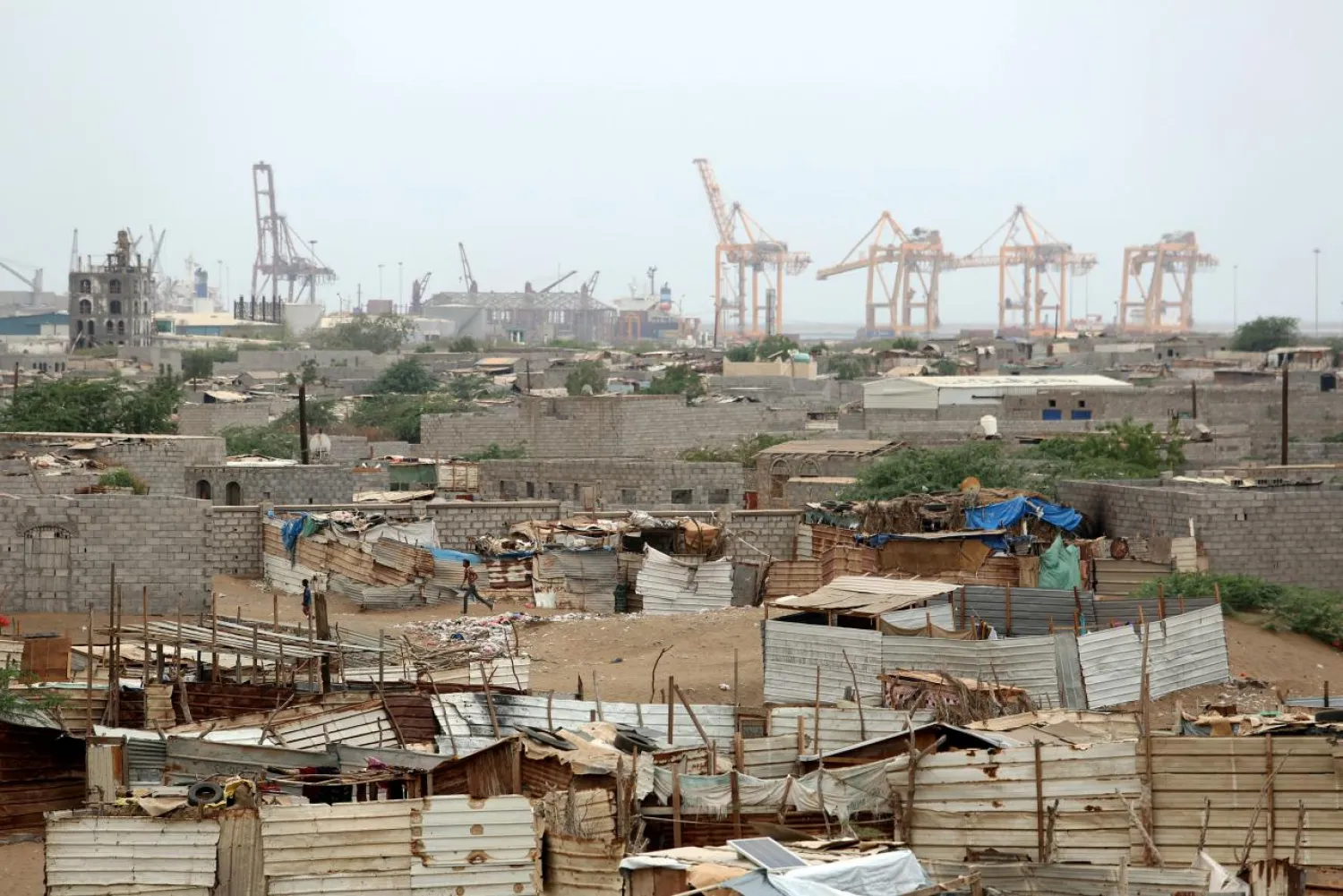All 15 members of the United Nations Security Council will tackle a UK draft resolution for establishing an immediate and effective truce in Yemen’s key port city, Hodeidah, well-informed diplomats told Asharq Al-Awsat.
The UK proposal demands the Iran-backed Houthi militants halt all missile launches and drone attacks against Yemen’s neighboring states, namely Saudi Arabia, added to the removal of all obstacles inhibiting the delivery of humanitarian aid.
It also called for the fast injection of foreign currency into the economy through the Central Bank of Yemen and more funding for much-needed aid.
Apart from the bloody coup, Yemen faces the world’s worst humanitarian crisis.
The resolution sets a two-week deadline for Houthis in control of Hodeidah to remove all barriers to humanitarian aid.
They must “facilitate the unhindered flow of commercial and humanitarian food, water, fuel, medicine and other essential imports across the country” from Hodeidah, through which 80 percent of Yemen’s imports flows, the text says.
The resolution also calls on the warring parties to cooperate with UN-brokered peace talks scheduled to begin later this month.
The effort to bring the two sides to talks in Sweden is being led by the UN special envoy to Yemen, Martin Griffiths. Negotiations planned for September did not get off the ground as Houthi leaders refused to attend
The consultations support a series of confidence-building measures aimed at paving the way for talks to end almost four years of war, including the release of prisoners, the reopening of the airport in the Houthi-held capital, Sanaa, to commercial flights and strengthening the Central Bank.
All concerned regional parties and countries must continue reducing tensions and refrain from any actions that could undermine political dialogue sponsored by the UN, the draft resolution stressed while recalling the legal obligation for all Member States to comply with the arms embargo stipulated by UNSC resolution 2216.









